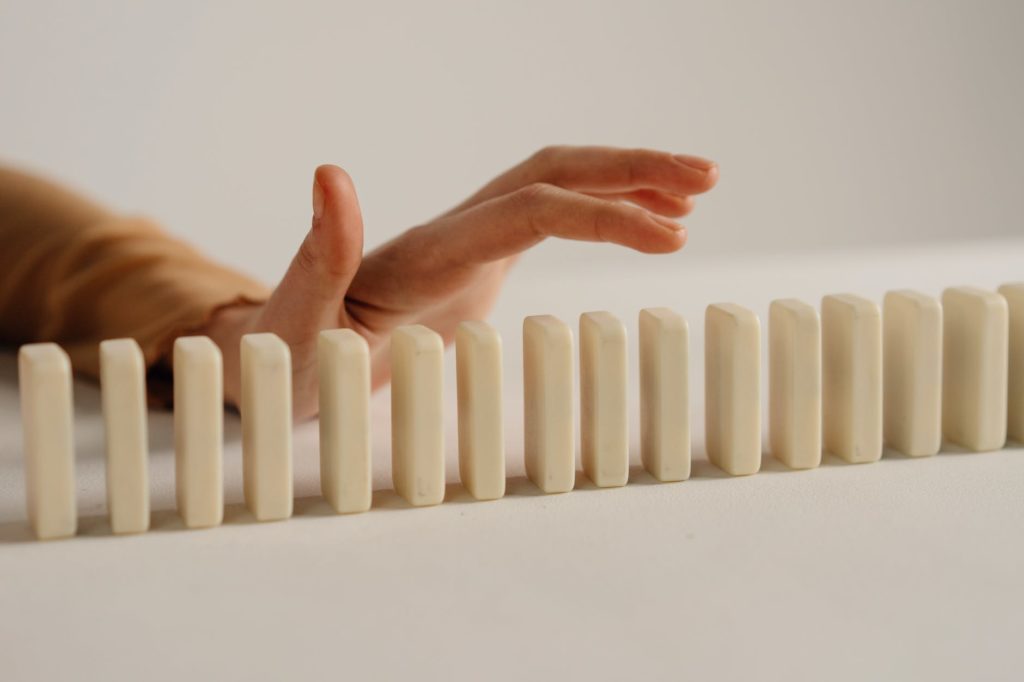Whenever you make a decision, think of the consequences
Decisions are not islands in the ocean; they are like the dominoes tiles competitions. Every decision has consequences.
Decisions are either small or big
In making small decisions such as buying clothes or what to eat for lunch, you should not allocate a lot of time before executing.
However, a small decision may also have big consequences.
When done repeatedly, small decisions become habits and can make significant changes. For example, eating fast food every day will definitely affect your health.
Habits are small decisions on Zapier
Tweet
On the other side big decisions such as moving to a new city or buying a new home, do have evident consequences. It is those decisions that you should put more time into before executing.
You need to ask three questions whenever you make a big decision.

1. Does your decision involve multiple partners?
Whenever you make a decision, you need to identify partners involved and people affected by your decision. Think of your family, kids. business partners. They can also be your neighbors, coworkers, or anyone in your circle of influence.
Do you need to involve them in the decision process, or are you delegated to decide for them?
2. Is your decision independent?
Explore whether your decision depends on another decision. Do you need to solve another decision problem before making the current decision?
You need to be sure that after making your decision you will be able to execute it.
3. How will it affect the future?
Does your decision influence another decision in the future? By making your decision now, does this limit other decisions options.
Try to make decisions that open more future opportunities.
Conclusion
Decisions have consequences. Next time before making a decision, think of how it affects others, other decisions, and your future.
Learn more about the decision-making process:
Thinking about consequences is the second step of the exploring stage of the decision-making process.
Let’s connect on X
Want to read more?
Subscribe to the Life & Work Newsletter, and every Friday, read one thought-provoking idea about human behavior.